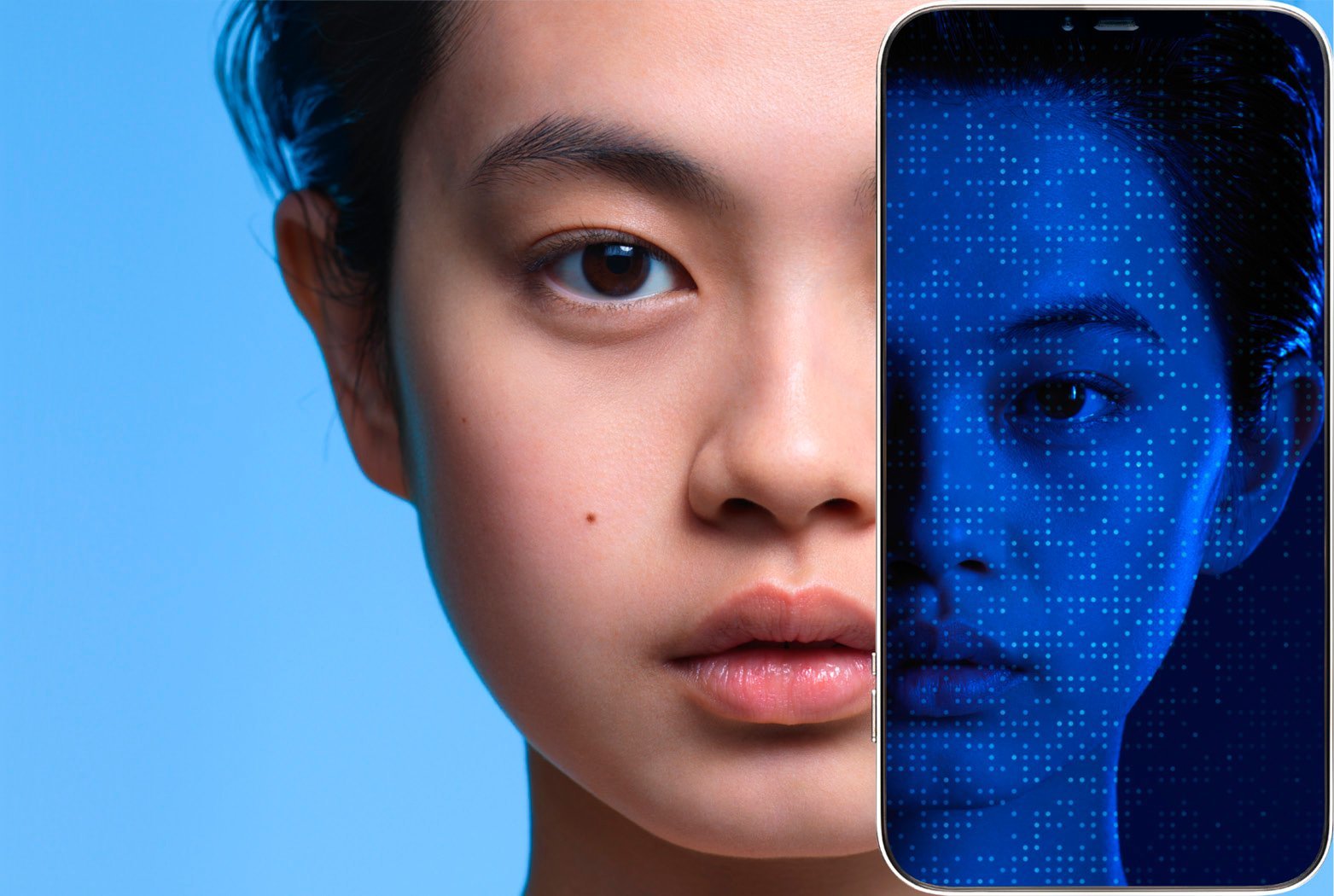HOW ATOPIC-PRONE SKIN AFFECTS CHILDREN’S SLEEP
Dry itchy atopic dermatitis effects can affect different stages of sleep:
• Falling asleep: Children usually doze off within 30 minutes while children with atopic skin take up to double that time.
• Waking up at night: Children with normal skin tend to wake up just once a night, whereas this figure rises to 3-4 times in children with atopic dermatitis.
• Getting back to sleep: Without atopic eczema, children are able to get back to sleep within 20 minutes whereas this time extends far longer in children suffering from atopic dermatitis.
• Sleep efficiency: Children are usually asleep for 85% of time in bed. For kids with atopic eczema-prone skin, this figure drops to under 75%.
HOW DO ATOPIC DERMATITIS EFFECTS
AND LACK OF SLEEP AFFECT CHILDREN IN THEIR DAILY LIVES?
Atopic-prone skin affect every aspect of children’s sleep and this has a knock-on effect on several aspects of their everyday lives. Beyond feeling tired, 87% feel irritated and have mood swings the day after a bad night. This can last, with 80% feeling restless for the whole day after. 42% cannot concentrate properly the next day, which clearly has the potential to impact on progress at school.
But don’t panic – Read on to discover our tips to improving sleep quality for children with very dry skin condition.
HOW TO HELP A CHILD WITH ATOPIC-PRONE SKIN
1All of the statistics in this article are taken from the following 2 studies:
Impact of Atopic Dermatitis on Health-Related Quality of Life in Spanish Children and Adults: The PSEDA Study, 323 patients
Disease severity, scratching, and sleep quality in patients with atopic dermatitis, Bruce G Bender, 20 patients
GET A GOOD NIGHT’S SLEEP
In atopic dermatitis, there are plenty of things you can do to improve your child’s chance of having a restful night:
• Keep the room cool. That means turning the heating down in winter and leaving the window open in summer. This will help prevent your child from sweating, which can make itching worse.
• Amp up the humidity. Using a humidifier in your child’s room will create a more humid environment to help stop skin from drying out, making it less itchy.
• Cut out junk food. Studies have shown that processed food high in sugar can increase itching. Opt for natural, healthy snacks, especially before bed.
• Though it may be tempting when you’re at your wit’s end, try to avoid climbing into bed with your child. This will just make the bed hotter and make them more likely to itch.
• Use cotton sheets and pyjamas which will help keep your child cool and let his or her skin breathe to reduce sweating.
• Try turning your child’s pyjamas inside out to avoid any scratchy seams or labels.
• Keep to a bedtime routine that is adapted to your child’s skin’s needs. A good routine starts with a bath or shower using a soap substitute such as LIPIKAR Syndet AP+.
• Always apply a rich emollient after washing and before bed. LIPIKAR Baume AP+ instantly and lastingly soothes atopic eczema-prone skin and spaces out flare-ups of intense dryness. Using it before bed will make your child much less likely to itch during the night, which will in turn help everyone enjoy a refreshing night’s sleep!
• Make sure your child has LIPIKAR Stick AP+ by the bed so he or she can grab it during any overnight wake-ups and stop itching in its tracks!
To read about the clinical trial carried out by La Roche-Posay, proving that a specific atopic eczema-prone daily care routine before bed can reduce itching and scratching by half, click HERE
For tips on how to help your child resist the urge to scratch, click HERE
Want advice from a sleep specialist to help get your child to sleep? Try HERE






